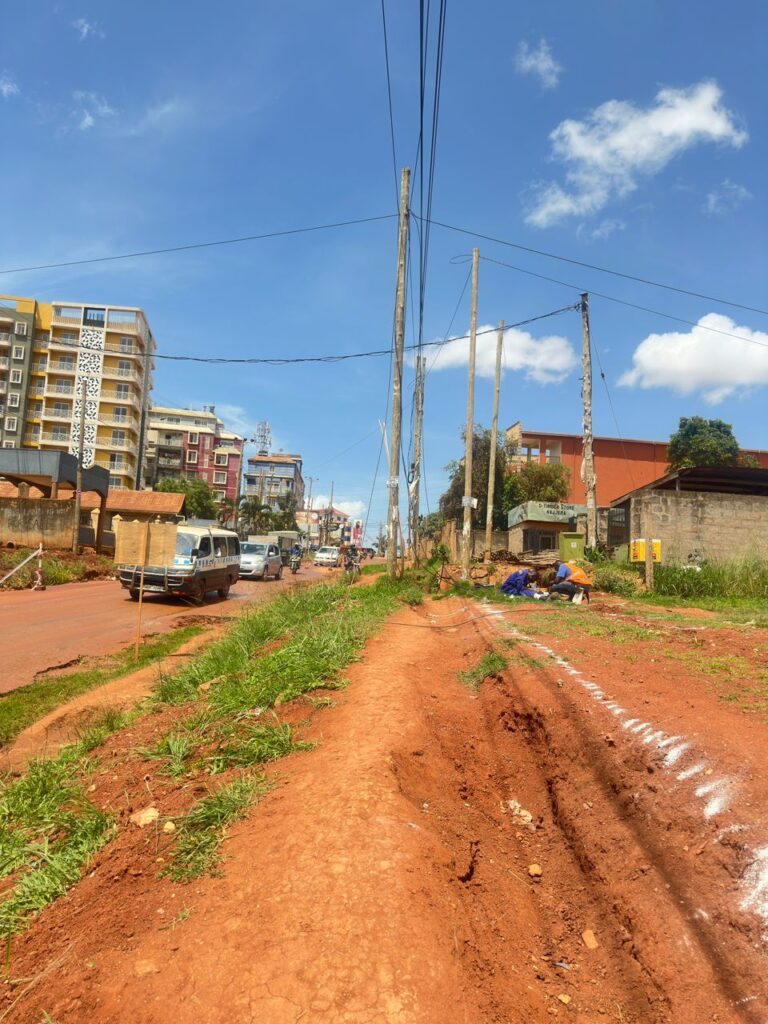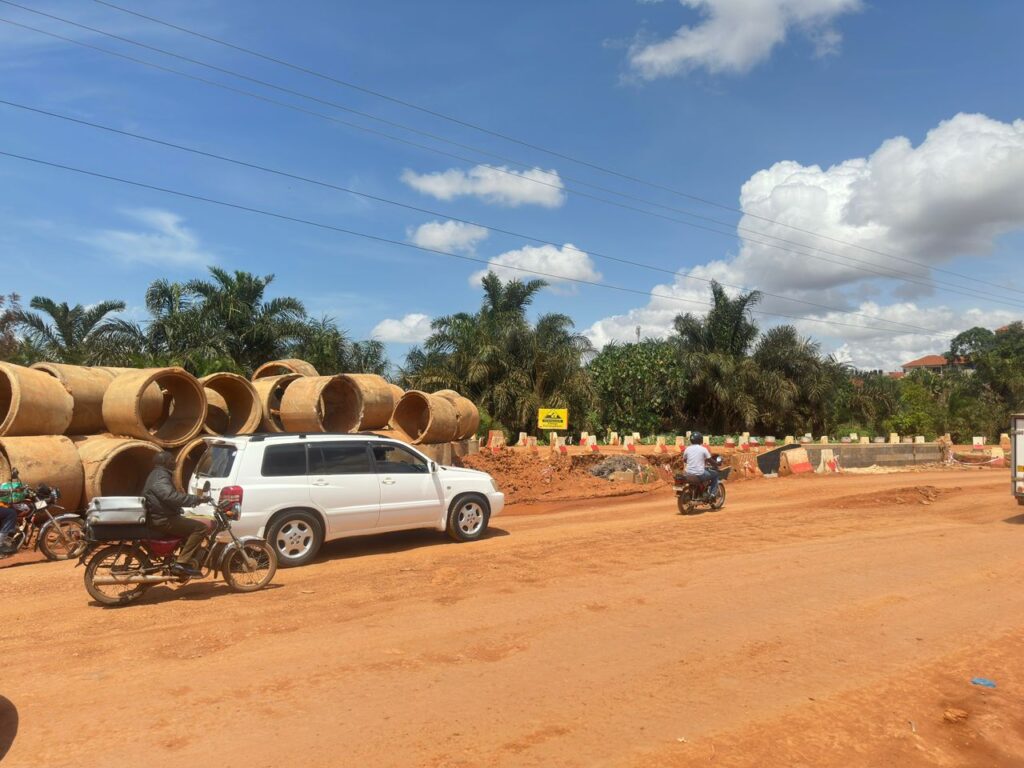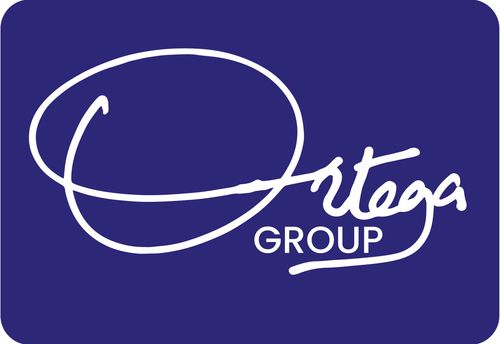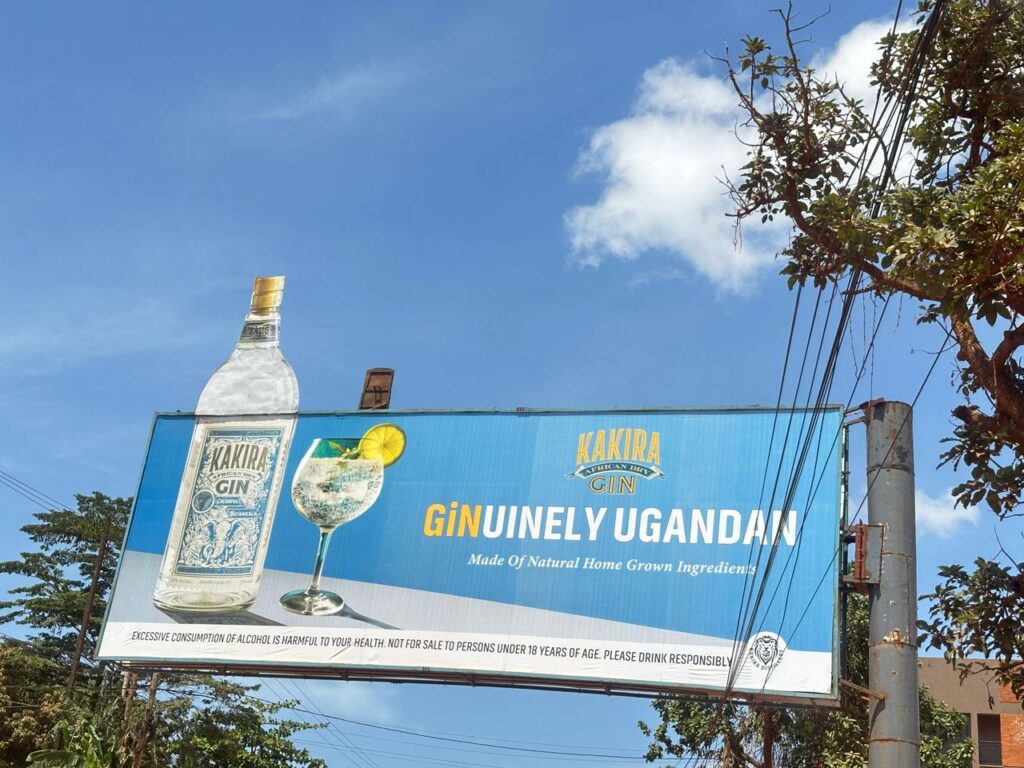By Ian Ortega
I often schedule a monthly business walk just to pick insights from the Ugandan business environment. Next month for example, I have scheduled a walk along the Kasubi to Namungoona to Nansana stretch. I believe it’s Uganda’s busiest stretch.
For this week (16th May 2025), I chose to start my walk from Naalya to Kyaliwajjala to Kiira to Najjera to Kiwatule and back to Naalya. First, I noticed that the delayed road construction has destroyed many businesses. Every delay on that road means more businesses continue to close. I noticed my cousin’s saloon, long closed, a shadow of its former self.
The Ugandan elites and the emerging middle class must exercise some agency when it comes to issues in their locale. Why can’t they organize to see how this road construction could be fast-tracked? I spoke to the Chinese ‘engineers’ on the site and they shared their side of the story. Among this is the relocation of the utilities. And indeed, our lack of organization when it comes to utilities and services is costing us. For example, they must wait for a week before the people of the fibre internet can come around and relocate their polls.

Where’s the municipal planning team on this? There should be gazetted service routes. And with this new road construction, it should also cleared have service ducts. To avoid our usual digging up of roads to lay new service pipes and lines.
At Tosha Najjera, it hit me that the loudspeaker is the new form of marketing. The lady selling matooke had her loudspeaker blasting “amatooke musanvu lukuumi..” to imply that 7 fingers of matooke went for UGX 1000. They I started to also notice a pattern, most businesses in Uganda rotate around phone repairs, saloons, beauty shops, boutiques and pharmacies.
I also noticed that most Ugandans are in the ‘inventory’ business, but few have an idea about inventory. Most Ugandans think it’s a matter of having much stock in your business. That it gives the impression of a successful business. But they forget about stock management, stock turnaround. I believe if we designed short courses around inventory management, we would improve existing business outcomes.

I also believe the Digital economy has now entered its growth phase. It’s been in the introduction phase but is now moving into the growth phase. The people in the suburbs have normalized these digital transactions. I passed by Irungyiro restaurant. It looked empty yet they were busy packing food orders. I have ordered some local food through them. Most Ugandan businesses should start going digital and invest heavily in their digital infrastructure.
Back to the road, I noticed the ‘Chicken Tonight’ and ‘Pizza Planet’ place suffering because of the road. The road construction has interrupted consumer motions. But I loved the setup of Pizza Planet, it’s inviting, and it’s made for the fast-food concept.
Speaking of innovation, I wondered, since most businesses are fashion, beauty, cosmetics, followed by the bars and liquor stores. Why aren’t we re-imagining the pharmacy? I believe something around ‘sex shops’ is also the future. It’s what will disrupt the pharmacy. Most pharmacies make money off the performance enhancement drugs, the test-kits. But what I am visualizing is a shop that plays on the fact that Ugandans should be having active and safe sex lifestyles. So a shop that sells condoms, lubricants, HIV test kits, STD test kits, prevention medicines, same shop could also link through for anti-pregnancy pills, post-exposure prophylaxis.
Another business lesson I picked is that the real role of business is to reduce friction. Businesses exist to reduce friction. And Uganda is lucky, there are models that have worked in Nigeria, Kenya, South Africa, we can always copy and paste these. Of course, this is to say, we can think Pan-African but act Ugandan as we implement these ideas.
I took a rest just after former Nexus (now Octopus Lounge) and enjoyed a Rolex and Cocacola in a glass bottle. It’s been long since I enjoyed Coca Cola in a glass bottle. That thing slaps. Going forward, I will always insist on the glass bottle. It’s the real deal. I observed the micro-restaurants. Had I not yet ordered for my Rolex, I would have given them a try.
But as I walked, I noticed there’s not much that our suburbs have to offer in terms of art and culture. Our suburbs have an artistic and cultural emptiness. These are things that need to be disrupted. I hope people are not waiting till I gather resources to setup the Ortega Library. You know that’s my Manhattan project. A place where books, whiskeys, wines, music and timeless conversations will come alive. We need to get more poetic with our suburb life. It could be the engine that propels the other businesses.

